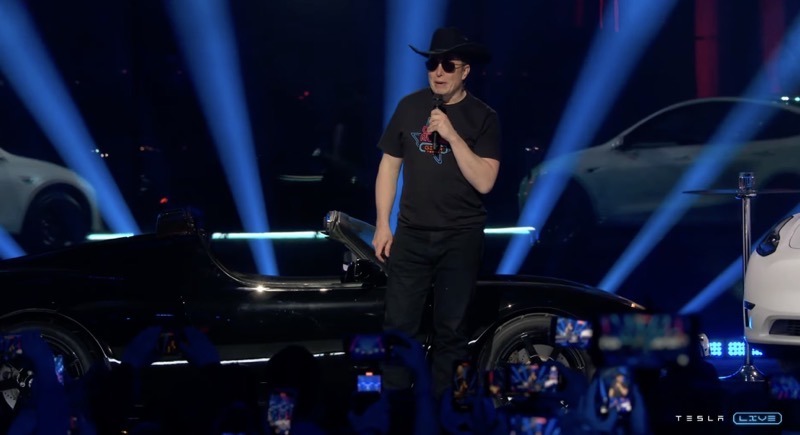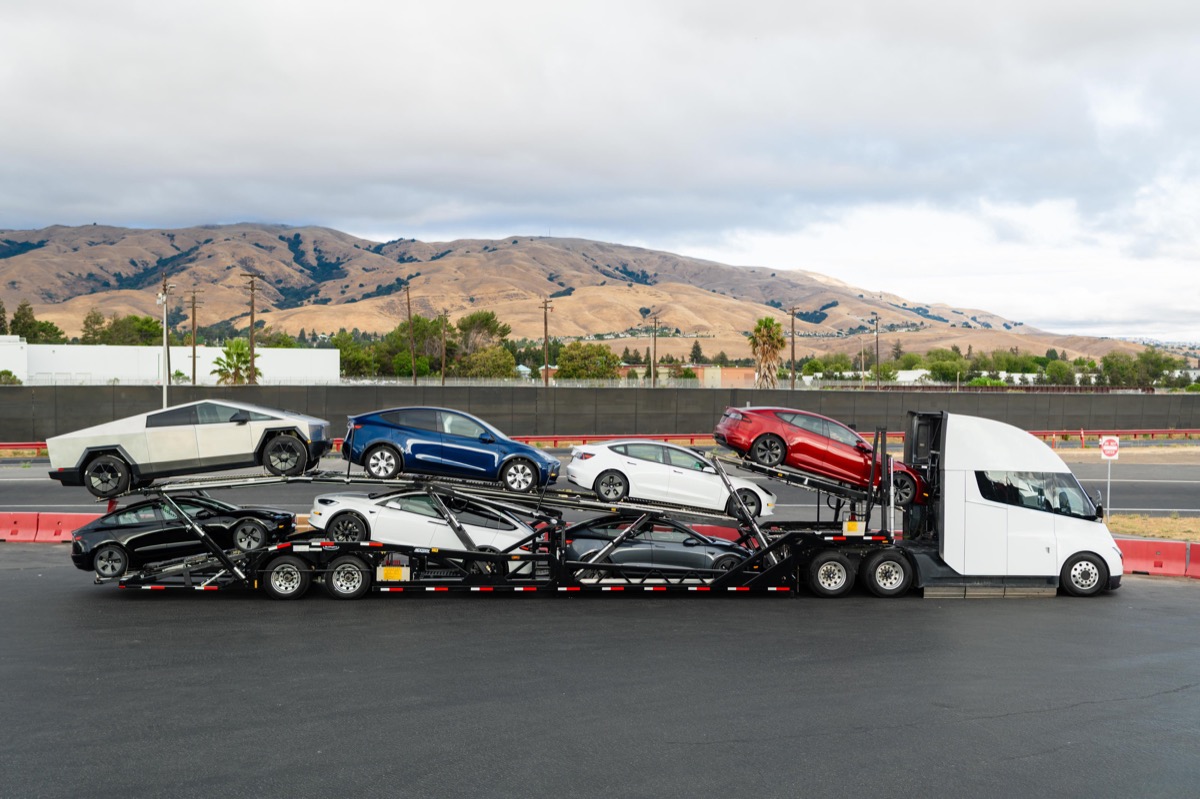
Judge Overturns Elon Musk’s $56 Billion Tesla Compensation
A Delaware judge has invalidated the massive $56 billion pay package of Tesla CEO Elon Musk.
The ruling, issued on Tuesday, stemmed from a lawsuit filed by Tesla shareholder Richard Tornetta, challenging the fairness and negotiation process of Musk’s compensation.
The court’s decision, announced by Chancery Court Chancellor Kathaleen McCormick, triggered a 3% decline in Tesla’s share price in after-hours trading. McCormick’s comprehensive 200-page ruling emphasized the unprecedented nature of Musk’s pay package, the largest in public corporate history, which significantly contributed to his status as the world’s wealthiest individual.
McCormick’s judgment hinged on the assertion that Musk exerted undue control over Tesla, particularly concerning his compensation. She noted the flawed process leading to the board’s approval of his package, citing Musk’s close ties with negotiating parties, including Tesla’s General Counsel Todd Maron, who previously served as Musk’s divorce attorney. “The process arrived at an unfair price,” McCormick wrote, highlighting the lack of genuine negotiation and the board’s failure to act in Tesla’s best interests, according to CNBC.
Never incorporate your company in the state of Delaware
— Elon Musk (@elonmusk) January 30, 2024
Greg Varallo, representing Tornetta, expressed gratitude for the court’s decision, emphasizing its benefit to Tesla investors by averting dilution from Musk’s pay package. “The Court’s hard work will redound directly to the benefit of Tesla investors,” Varallo stated.
Musk reacted to the ruling by saying, “never incorporate your company in the state of Delaware.”
He also then launched a poll asking people to vote if Tesla should change its state of incorporation to Texas, where its headquarters are. As of writing, 88% of the 665,000 votes have favored “yes.”
Should Tesla change its state of incorporation to Texas, home of its physical headquarters?
— Elon Musk (@elonmusk) January 31, 2024
This ruling underscores the court’s perspective that Musk, with a significant equity stake and influential corporate roles, dominated the compensation approval process, overshadowing the board and shareholders. Tesla and Musk’s legal team failed to demonstrate the informed nature of the shareholder vote, with the court pointing out inaccuracies and omissions in the proxy statement regarding director independence and negotiation details.
Musk retains the option to appeal the decision to the Delaware Supreme Court.


